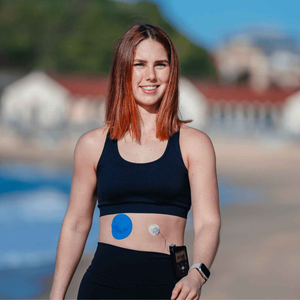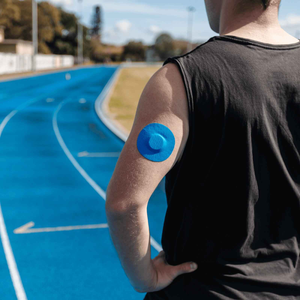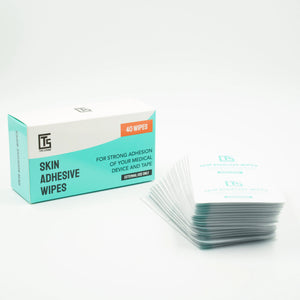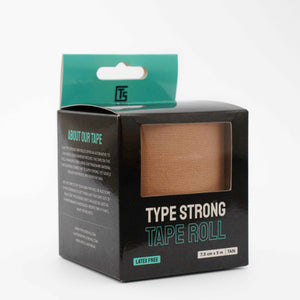At the end of our previous blog, we mentioned Diabeloop, a French startup offering a hybrid closed-loop system for easier management of Type 1 diabetes (T1D). After learning about the company, we decided to look into other innovative startups that are advancing the field of healthcare and are persevering to improve the treatment of T1D.
In this blog article we take a look at 4 exciting new companies that are developing innovative methods to help people better manage their Type 1 Diabetes.
Carbometrics Bristol, UK
A supramolecular chemistry company that specializes in the design, synthesis and derivatisation of highly selective and synthetic small molecule receptors. The company has developed the world’s most robust Glucose Binding Molecule (GBM): a small glucose-sensing molecule that could be vital for the next generation of increasingly durable CGM sensors. The GBM technology will also aid the development of glucose-responsive insulin that could reduce the risk of hypoglycaemia and help improve the overall metabolic control for people living with Type 1 diabetes.
The GBM technology is supported by 20 years of cutting-edge research by Professor Anthony Davis’ group from the University of Bristol. The company itself was founded after their previous venture Ziylo was acquired by Novo Nordisk.
AnTolRex Cambridge, Massachusetts
AnTolRex is a biotechnology organisation focusing on the research and development of targeted therapeutics for type 1 diabetes. The company uses nanoparticle-based therapies to promote antigen-specific immune tolerance in which its leading program is focused on T1D.
The startup signifies the importance of new approaches to treating autoimmune diseases.
Standard available therapies generally suppress the immune system, which could lead to life-threatening side effects like infections or tumours. AnTolRex’s vision is to create targeted immune-regulation drugs that selectively target pathogenic immune cells providing a unique tolerogenic signal to induce an anti-inflammatory phenotype and better treat diseases.
Furthermore, in partnership with Pfizer and JDRF, AnTolRex has created its forefront drug for the treatment of T1D, which is currently undergoing preclinical studies.
Encellin San Francisco, California
Cell transplantation to replenish beta cells is a promising treatment for T1D. However, these transplants are highly dependent on immunosuppressants to reduce the body’s ability to attack the new cells. Immunosuppressants are drugs that reduce the immune system’s strength; hence, they can increase the risk of infections and have many other side effects.
Encellin is a biotechnology company developing a cell encapsulation technology to eliminate the need for immunosuppressants for cell transplants. This technology uses an ultra-thin film made of a nano-porous membrane to create a pouch covering the implantable cell to reduce immune rejection chances.
Poltreg Gdańsk, Poland
Regulatory T cells (Tregs) maintain the tolerance to self-antigens and control the immune system to prevent autoimmune diseases. However, in patients with T1D, Tregs are unable to provide the necessary protection, allowing the disease to complicate. Multiple health organisations are researching ways to resuscitate or induce these cells in T1D patients so that their immune systems can fight the decay of pancreatic cells.
Poltreg is a startup that has developed one of the most advanced T1D therapies using Tregs. The company obtains T cells from a patient’s blood, performs an ex-vivo expansion and then places them back into the patient’s body. This therapy does not modify the cells in any way but simply increases the Tregs count to enhance immunoprotection against the harmful effects of Type 1 diabetes.
Currently, the therapy is being used to treat T1D in children, and Poltreg aims to commercialise its method in the global market to improve the lives of people living with Type 1.





